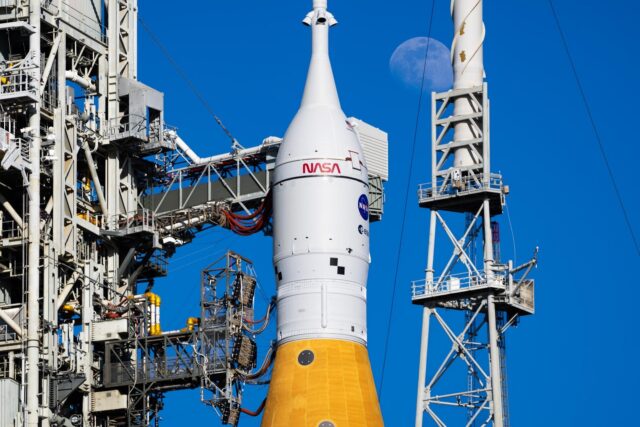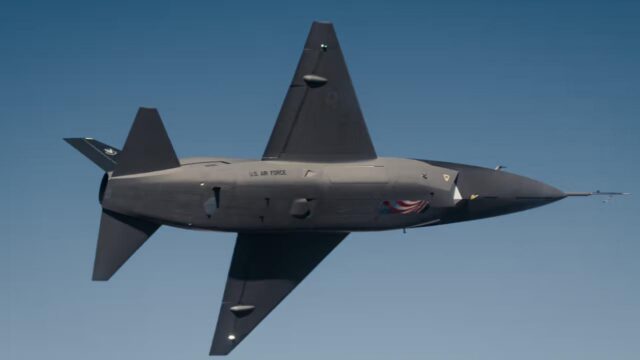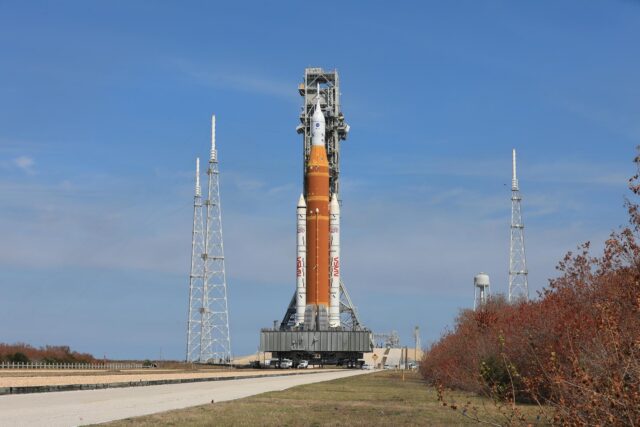
£20 million package to improve UK’s resilience to space weather events and guard against “cosmic chaos” is announced at UN General Assembly today
The Prime Minister has announced £20 million of funding to upgrade the UK’s resilience to space weather events.
The announcement of the new funding package was made at the UN General Assembly and was awarded under the Government’s Strategic Priorities Fund. Space weather, such as flares or winds from the Sun’s surface or geomagnetic storms, can damage satellites and cause power disruptions, issues to air transportation and problems across communications systems, such as GPS and mobile phone networks.
A government statement announcing the funding said the £20m package would nearly quadruple the investment from the government into research which can improve systems at the Met Office Space Weather Operations Centre. This will build the UK’s knowledge on how to forecast and better prepare for space weather events.
Met Office warnings will alert operators
The new fund will be used to look closely at space weather innovation, measurement, modelling and risk assessment. By predicting when and where space weather events are likely to take place, the Met Office can issue warnings and advice to operators to allow them to take necessary action, such as manoeuvring satellites and isolating parts of the power network to ensure the least amount of disruption possible.
The UK will also be able to share forecasts with other space weather centres worldwide, including the US Space Weather Prediction Centre. The funding will go to research projects which will directly help improve the ability of the Met Office to predict space weather events and reduce their potential impact.
Prime Minister Boris Johnson said: “From solar flares to magnetic storms, space weather can have a massive impact on mobile phones, transport, GPS signals and the electricity networks we rely on every day at home.
“The funding announced today will help turn Britain’s pioneering research into practical solutions that will protect against any adverse disruption caused by cosmic chaos.”
Emphasis on disruption by space radiation
SWIMMR (Space Weather Instrumentation, Measurement, Modelling and Risk) is a £20million, four-year programme which will improve the UK’s capabilities for space weather monitoring and prediction. There will be an emphasis on space radiation, which can pose a significant risk to infrastructures we rely on in daily life, including aircraft systems. Changes in the upper atmosphere can affect communications, surges can affect the current in power grids and other ground-level systems. These are significant risks to infrastructures we rely on in daily life and are recorded in the UK’s National Risk Register.
The project brings together researchers funded by the Science and Technology Facilities Council (STFC) and the Natural Environment Research Council (NERC), with teams at the Met Office Space Weather Operations Centre (MOSWOC) – supported by the Department for Business, Education and Industrial Strategy (BEIS), the Department for Transport and the Ministry of Defence. STFC’s research institute, RAL Space already works alongside MOSWOC to conduct research and provide instruments to study the Sun from space, including the development of a proposed European Space Agency space weather monitoring mission.
This expertise will be used to direct funding to enable the research community to provide targeted improvements to the supply of data and models used by MOSWOC to forecast space weather events. The improved forecasts will help UK industry to respond more quickly to events and reduce their potential impact on businesses and society. As well as underpinning research and modelling, the programme includes the development of new instruments and techniques to improve the resilience of satellites in orbit which are most vulnerable to the effects of space weather.
















